Posts
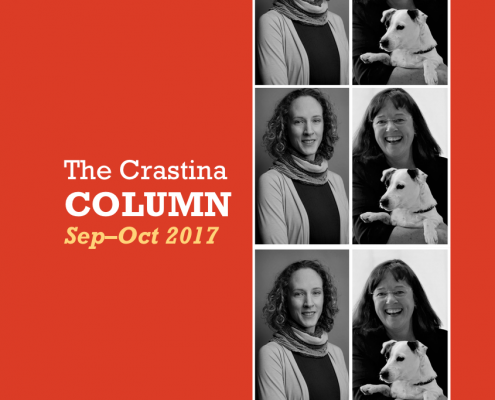
Crastina Column, Sep–Oct 2017: Can a simple card game help us see things from ”the other’s” point of view?
Can a simple card game reveal hidden aspects of culture and demonstrate how biased we are when meeting people from different backgrounds? ”Indeed!” says the experience from the Graduate Professional Skills Certificate program (module: Thinking…
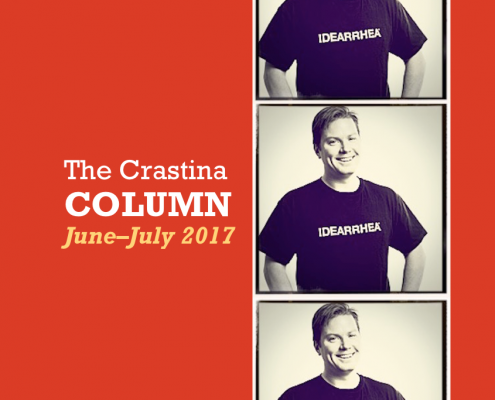
Crastina Column, June–Aug 2017: “Being a proud intermediary” by Fredrik Saarkoppel
“I’m specialised in understanding three things: firstly the subject itself, and secondly the perspectives of the two groups that I serve, i.e. senders and receivers.” So says Fredrik Saarkoppel, Swedish freelance illustrator with many…
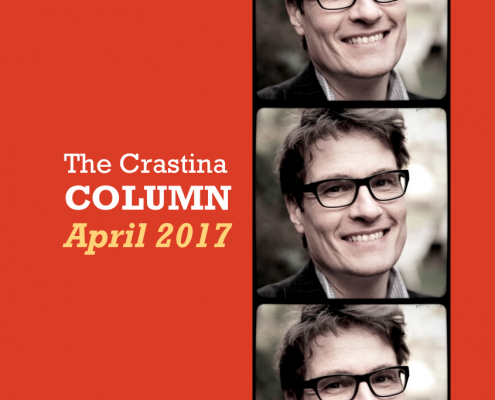
Crastina Column, April 2017: “Lamenting the wordiness of learned people” by Olle Bergman
“Text, text, everywhere, Nor any message to get.” Paraphrasing Coleridge, we introduce this month’s theme: ”short & punchy”. Our column writer is Olle Bergman, Swedish freelance writer and project leader of Crastina.
Exhibit…
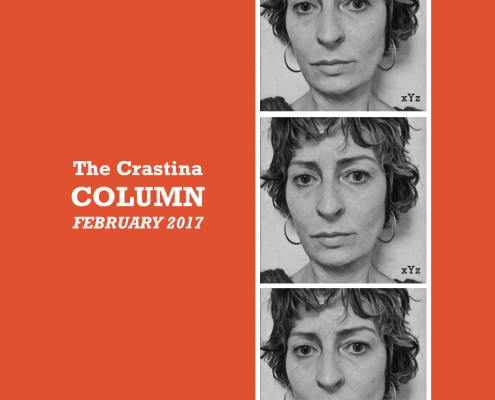
The Crastina Column, February: The shortest route to the real answer is via the Imaginary.
Scientists and poets are often described as being very far apart in their worldview. Nothing could be further from the truth. British biologist and poet Joanna Tilsley—whose nom de plume is xYz—explains why the wonder of science and the…
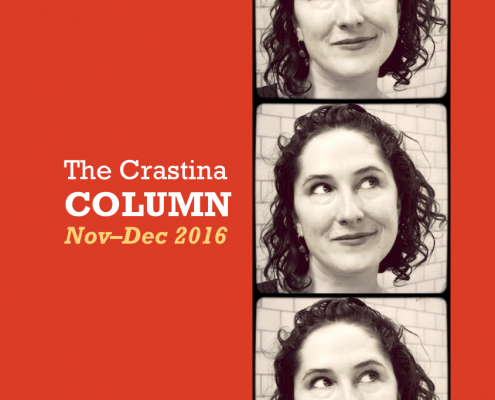
The Crastina Column, November/December: Great presentation ≠ bad science
How come researchers who are great presenters often are disregarded as bad scientists? Adria LeBoeuf, multi-disciplinary scientist and communications evangelist, thinks there has to be an end to the social punishment of clear and passionate…
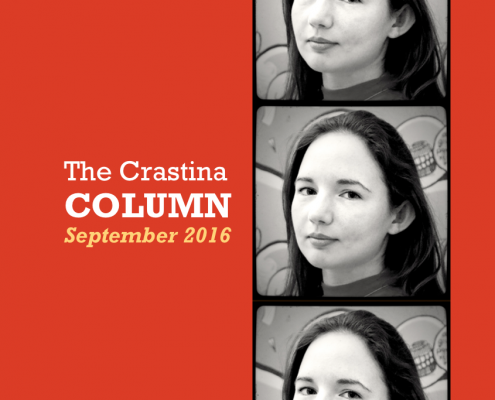
The Crastina Column, September: Shining a light on the dark art of animation
Video and animation are becoming more and more useful to explain complex and minute features of science. Claudia Stocker of Vivid Biology – “a Design studio for cutting edge Science” – explains why active scientists shouldn’t be afraid…
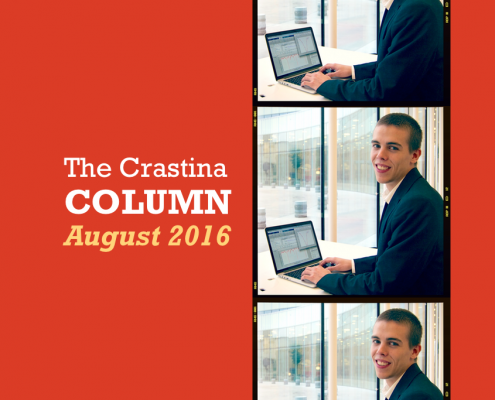
Why scientists should mentor highschool students (Philip Frick, August 2016)
”Most of the mentors say that they never thought they would benefit from the experience as much as they did.” says Philip Frick, tech student and creator of Rays. This Swedish summer research school for talented students serves to gap between the world of research and curious and talented teenagers.

